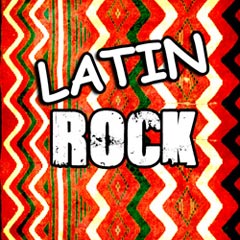Hippie
The Power of Hippie Music: When Love Ruled the World
The late 1960s and 70s saw the rise of a musical movement that was about more than just the music. Hippie music was a fusion of protest and melody, of emotional depth and instrumental ingenuity. It was an expression of the belief that love could conquer all and that peace and harmony were possible even in the midst of political turmoil and war-like adversities. Today, nearly 4 decades later, musical hippies continue to inspire and engage audiences with their vibrant soundscapes, elevated voices, and deep lyrical content.
One of the defining characteristics of hippie music is its emphasis on emotion and melody. The music of this era was marked by a willingness to experiment with new sounds and styles, to blend genres and create something entirely new. From the electric guitars to the instrumental ingenuity, every aspect of hippie music was designed to engage the listener on a deep emotional level.
In addition to its musical qualities, hippie music was also marked by a strong sense of social consciousness and a commitment to social justice. The songs of this era confronted issues such as war, racism, and inequality head-on, seeking to challenge the status quo and inspire change. They were also deeply rooted in a sense of community and connectedness, emphasizing the importance of love and human connection as a means of overcoming injustice and oppression.
Despite its emphasis on social and political issues, however, hippie music was also deeply personal and introspective. The lyrics of many of the songs from this era reflected a sense of personal exploration and a search for deeper meaning and purpose in life. They were about finding oneself in a world that was changing rapidly, about searching for love and connection amidst conflict and upheaval.
In many ways, hippie music represented a music of hope and optimism in the face of adversity. It was a musical movement that embraced the fusion of protest and melody, seeking to engage audiences on a deep emotional level while also challenging social norms and advocating for change. But ultimately, it was a movement driven by a belief in the transformative power of love and the ability of human beings to come together, despite their differences, and create a better world. Today, nearly four decades later, musical hippies remain embedded in our public consciousness as timeless artists who blended emotion, rhythm, and harmony into one. And as we continue to face the challenges of our own time, perhaps we can look to the music of the past for inspiration and guidance as we move forward into an uncertain future.
These bands could be of your interest:







